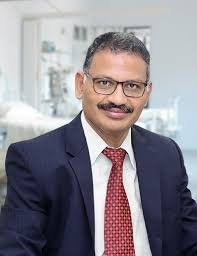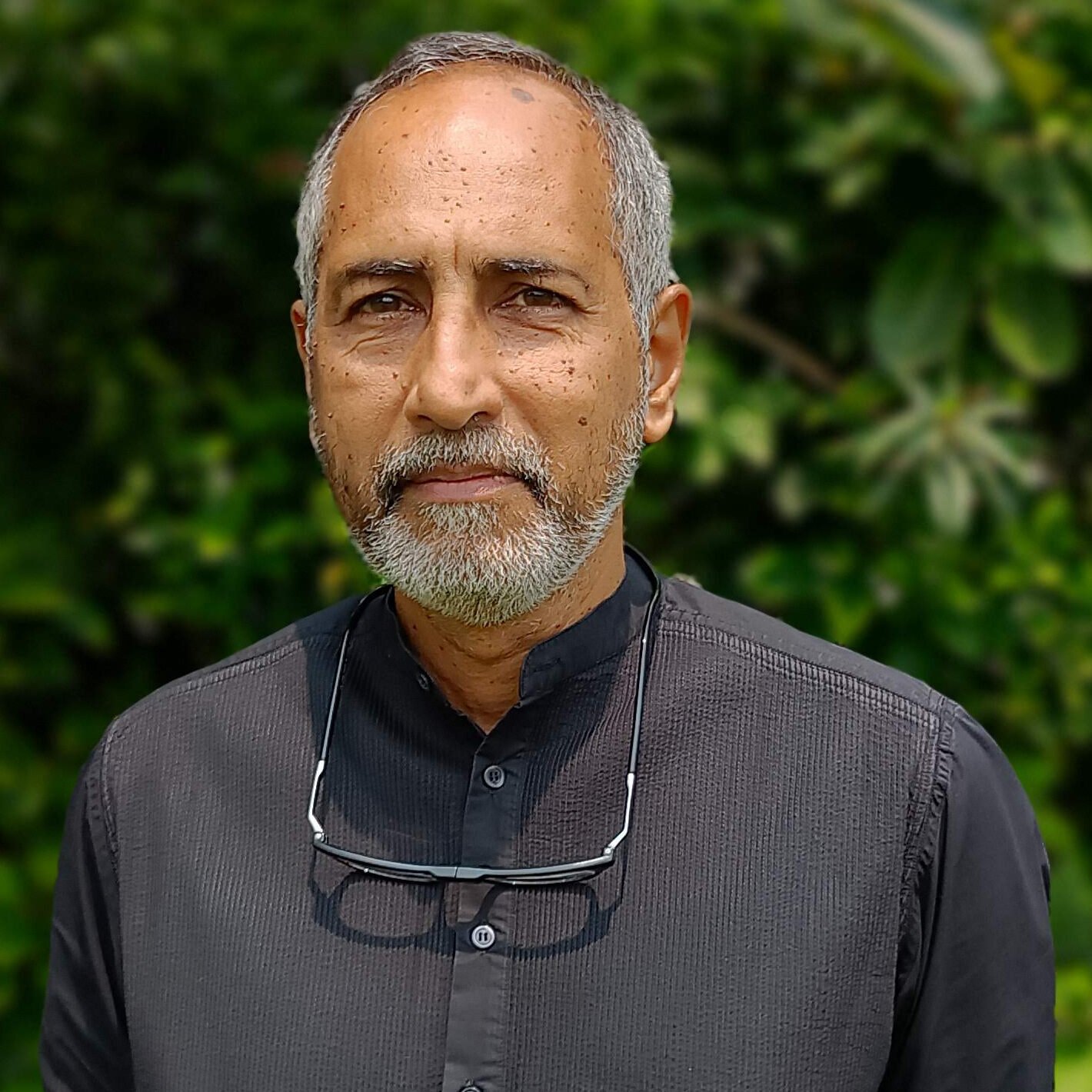Four experts elucidate why eating right is a cornerstone of living healthy and happy.
Postpartum Nutrition
Dr Dipanwita Sen, Sr Consultant Obs and Gynae,The Mission Hospital, Durgapur; MBBS (JIPMER), MD (PGIMER, Chandigarh), FRCOG (London), CCT (UK), MRCOG examiner faculty; Secretary, Durgapur Obs Gynae Society (2022-2024).

WHO and UNICEF recommend that breastfeeding be initiated within the first hour of birth and that babies be exclusively breastfed for the first six months of life. If you’re breastfeeding, you’re giving your baby nutrients that will promote growth and health. While breast milk is the most natural nourishment for your baby, the quality of your breast milk matters. Your body can’t magically produce these essential nutrients if you’re not getting enough. You might need to eat a little more — about an additional 330 to 400 calories a day — to give you the energy and nutrition to produce milk.
A postnatal diet is a significant factor for a new mother. It helps speed up post-pregnancy body recovery, balancing hormones, boosting energy levels, preventing bone loss and hair loss, and also promoting milk production. Ensuring you get adequate nourishment is key to regaining strength post-pregnancy and improving the quality of milk for your newborn. Calcium, iodine, vitamin D, iron, DHA, vitamin A and B12 are a few of the nutrient stores that get passed on to the baby. Focus on making healthy choices, make sure you include a daily multivitamin and mineral supplement. Mum’s varied diet healthily exposes the baby to different types of food and therefore helps the baby to develop immunity.
The IVF Diet
Dr Sayamstuti Pattanaik, Consultant Obstetrician, Gynaecologist, Laparoscopic Surgeon & Infertility Specialist, Shanti Memorial Hospital, Odisha; MBBS (Utkal University), MS OBG (RGUHS, Karnataka); Fellow in Reproductive Medicine; Fellow in Minimally Invasive Surgery; Fellow in Fetal Medicine.

The right nutrition can significantly influence the success of fertility treatments. One key component of a fertility-boosting diet is the inclusion of essential micronutrients. These vitamins and minerals play a vital role in reproductive health, supporting various processes from hormone regulation to egg and sperm quality.
Folate, a B vitamin, is fundamental for DNA synthesis and repair, processes that are critical during the early stages of pregnancy. Vitamin D is another crucial nutrient, playing a role in hormone regulation and ovulatory function. Low levels of vitamin D have been linked to infertility and poor IVF outcomes. Antioxidants such as vitamins C and E protect reproductive cells from oxidative stress, which can damage eggs and sperm. Including a variety of colourful fruits and vegetables in the diet helps ensure adequate antioxidant intake. Nutrients such as iron, zinc and omega-3 fatty acids are also important for reproductive health.
Creating a fertility-friendly diet involves incorporating a variety of nutrient-dense foods to ensure the body receives all essential micronutrients. This includes plenty of fresh fruits and vegetables, whole grains, lean proteins and healthy fats. Reducing the intake of processed foods, trans fats and sugars is also important, as these can negatively impact hormonal balance and overall health. Hydration is another key factor. Drinking plenty of water helps maintain optimal bodily function and supports the transport of nutrients throughout the body.
Nutrition: The Fuel For Self-Care
Zamurrud Patel, Convenor, Indian Dietetic Association, Mumbai Chapter; Chief Dietician, Gleneagles Hospital, Mumbai.

Self-care refers to habits, practices and lifestyle choices that help us lead a healthier life. Self-care looks different for everyone. But one thing that we can all agree on is that self-care is about nourishment.
Nutrition plays a crucial role in self-care, as what we eat directly impacts our health and energy levels. For example, when you don’t eat, your body becomes deprived of glucose, resulting in fatigue, headaches, low energy and an inability to focus. A well-balanced and nutritious diet implies one that provides essential nutrients, vitamins and minerals that supports bodily function, boosts the immune system and promotes overall health. It’s not about dieting or counting calories but rather, building a healthier relationship with what goes into our body.
Nutrient deficiencies are more common than you might think and have a major impact on how you feel mentally, physically and emotionally. Eating healthy foods, drinking adequate water and consuming prescribed multivitamins daily are ways to practice self-care. Physical activity has huge health benefits for our hearts, minds and bodies. Good mental health is vital for our well-being. Activities that improve our mental health include spending time in nature, talking to family and friends, getting a good night’s sleep and managing stress.
Self-care empowers us to be at the very centre of promoting and maintaining our own health.
Healthy Liver = Healthy Life
Dr Umesh Jalihal, MD (Int Med), DM (Gastro), DNB (Gastro); Director & Chief Gastroenterologist, Karnataka Gastro Center; Chief of Gastroenterology, Columbia Asia Referral Hospital, Yeshwantpur; Former Prof & HOD, Dept of Gastroenterology, MS Ramaiah Memorial Hospital.

Viral hepatitis is recognised as an important public health problem worldwide. WHO estimates that viral hepatitis caused 1.34 million deaths globally in 2015, a number comparable to deaths due to tuberculosis, worldwide. In India, it is estimated that 40 million people are suffering from Hepatitis B and 6-12 million people from Hepatitis C. It can result from different causes such as viral infections, alcohol abuse and toxic substances.
The liver is a vital organ responsible for detoxification, metabolism and protein synthesis, making its health crucial for overall well-being. Preventing hepatitis and maintaining liver health involves a multifaceted approach, including proper nutrition, micronutrient supplementation, and the use of specific antioxidants like silymarin.
A diet rich in fruits, vegetables, lean proteins and whole grains, along with reducing fatty and processed foods, lays the foundation for liver health. Supplementing essential vitamins and minerals, particularly those with antioxidant properties, further enhances liver protection. Incorporating silymarin into the regimen provides additional antioxidant and anti-inflammatory benefits, supporting liver cell regeneration and overall liver function. By adopting these strategies, individuals can significantly reduce the risk of hepatitis and maintain a healthy liver, promoting overall well-being.











